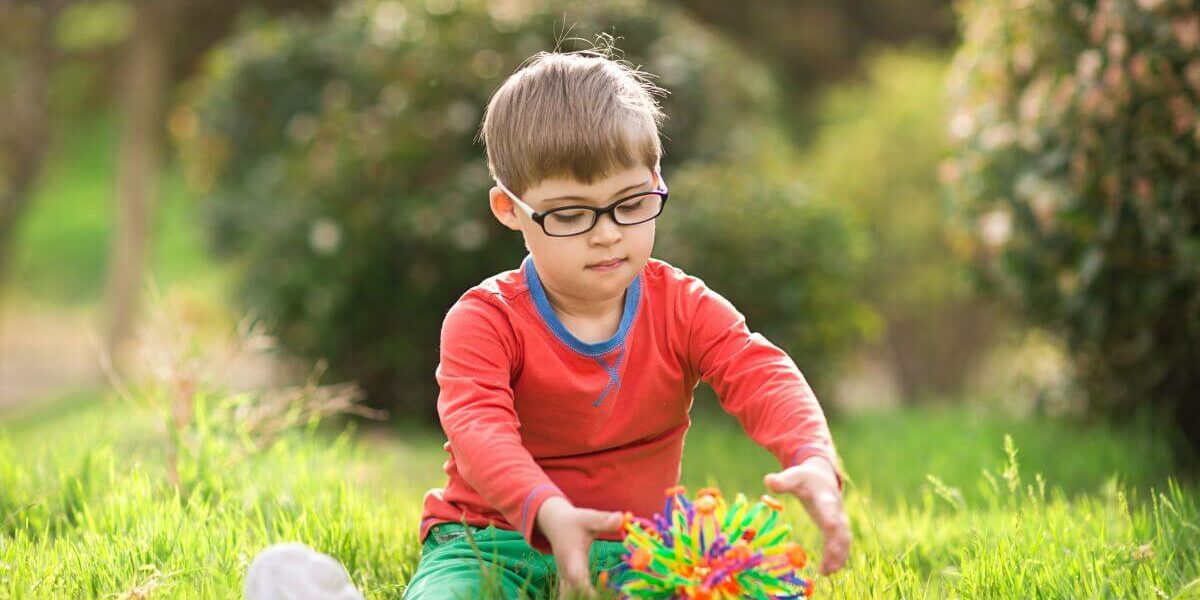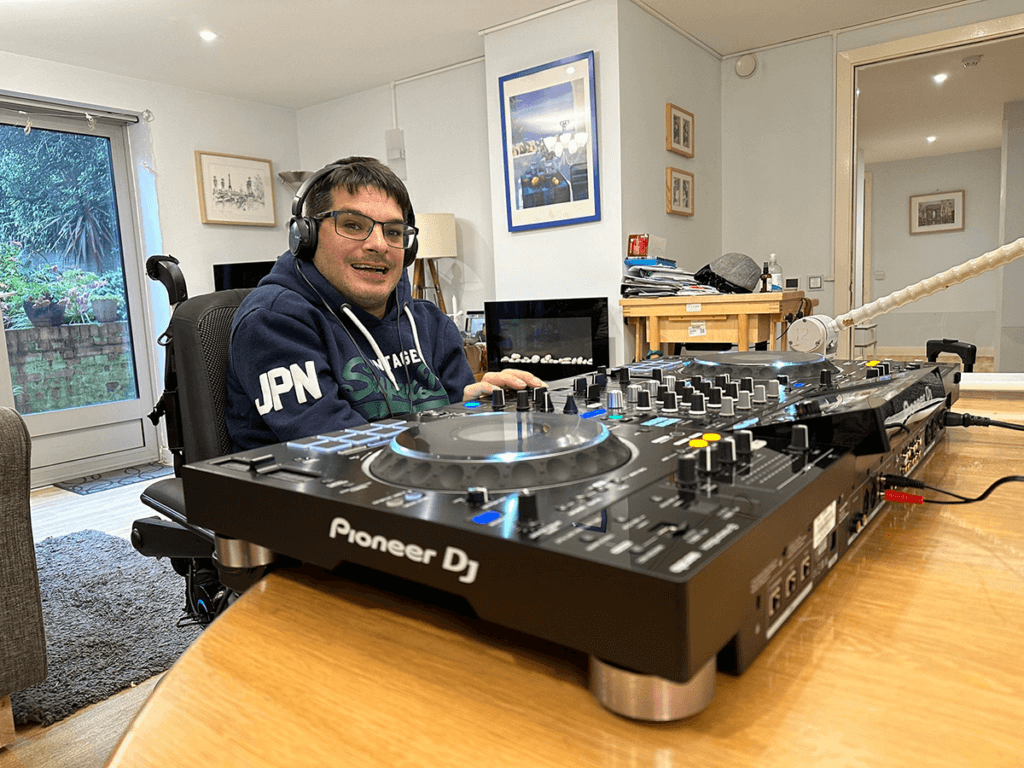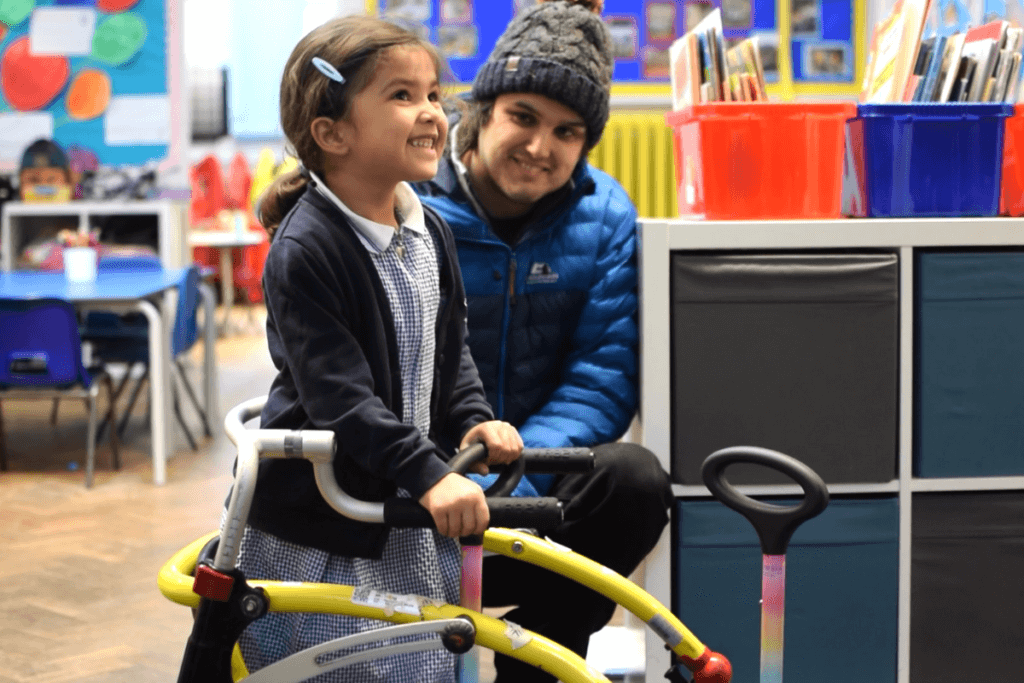 Rory O’Sullivan is a PhD student at the University of Birmingham. As part of The Cerebra Network he is leading new lines of research into how to best understand sleep in children with rare genetic syndromes.
Rory O’Sullivan is a PhD student at the University of Birmingham. As part of The Cerebra Network he is leading new lines of research into how to best understand sleep in children with rare genetic syndromes.
I am now in the second year of my Cerebra funded PhD and my PhD projects have progressed well over the last year. I have reviewed and meta-analysed previous studies exploring the concordance of objective and subjective measures of sleep in children with neurodevelopmental disorders. I look forward to sharing the findings through upcoming talks and journal publications.
 I am currently conducting a secondary analysis of actigraphy data obtained through previous Cerebra funding, to describe patterns of physical activity in children with rare genetic syndromes and see how this compares against caregiver-reported overactivity. I am also currently running a sleep study using objective techniques to explore how sleep and impulsivity are associated in children with rare genetic syndromes.
I am currently conducting a secondary analysis of actigraphy data obtained through previous Cerebra funding, to describe patterns of physical activity in children with rare genetic syndromes and see how this compares against caregiver-reported overactivity. I am also currently running a sleep study using objective techniques to explore how sleep and impulsivity are associated in children with rare genetic syndromes.
Since January 2022, I have presented my work at the Neurodevelopmental Disorder Annual Seminar 2022 in Edinburgh, and been invited to present my work at the 55th Gatlinburg Conference in Kansas City. I have also enjoyed meeting families at the SMS Bright Futures 2022 Conference, where I chaired several talks and shared current Cerebra funded research projects. In the near future I will also be leading a sleep workshop with clinical assistants in the NHS, discussing the underpinnings of poor sleep and relevant interventions for children with neurodevelopmental disorders.









